The expertise of Photonis, part of Exosens, in the field of visible technology leads to innovative and high-performance solutions. Visible technology in constant evolution, holds the key to unlocking new possibilities across various industries. This cutting-edge domain revolves around capturing, processing, and displaying visual information.
From high-resolution displays to sensitive imaging systems, visible technology continues to revolutionize the way we perceive and interact with the world around us. In this page, you will discover how Photonis, a leading player in the industry, is shaping the future with its innovative solutions.
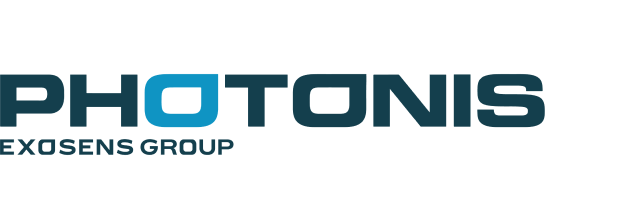

Understanding Visible technology
Visible technology encompasses a wide range of devices and systems designed to work within the visible spectrum of light. This spectrum covers wavelengths between approximately 380 to 780 nm, representing the colors that the human eye can perceive. In this visible technology, Photonis has successfully set a benchmark for the image intensifier tubes. In addition, Photonis has developed and promoted low light and intensified cameras with high performances.
Photonis' cutting-edge image intensifier tubes for Night Vision
Photonis proudly leads the industry in crafting cutting-edge image intensifier tubes for military, space, and commercial applications, advancing night vision capabilities.
Vacuum tube-based Image Intensifier tubes consist of several essential components; a Photocathode, a Microchannel Plate (MCP) and an anode. These components work together to amplify input signal, creating a rich and dynamic output.


Principles of Operation
In the first step, existing ambient light passes through a photocathode, which converts the incoming photon signal into a photo-electron.
In the second step, photoelectrons are drawn by an electrical field into the MCP where they impinge multiple times on the inner walls and thereby multiply several thousands of times. In photon counting applications the multiplied electron signal is detected using an anode. In the instance of photon imaging applications, the anode converts the electron back into photons to produce an image.
What is an Image Intensifier Tube and how does it work?
An Image Intensifier Tube (IIT) is a module that intensifies, or amplifies, low light level images into levels that can be seen by the human eye. The IIT collects the existing ambient light from natural sources, such as starlight or moonlight, or from artificial sources such as street lights or infrared illuminators. The light passes through several internal components to be multiplied several thousand times, producing a much brighter image that can be seen by the soldier through the night vision device.
First of all, photons (light) are converted into electrons by the photocathode. Then, they are accelerated through an electrical field and hit the microchannel plate walls to generate secondary electrons that in turn will generate more electrons into what is called an « electron avalanche ». Then, multiplied secondary electrons are accelerated through an electrical field, hit the phosphor screen layer and are converted back into light. Finally, the image is projected through the eye-piece of the night vision device.

Photonis' innovative solutions in Visible technology
With a focus on high-performance imaging, Photonis offers a range of Visible/Near-Infrared (VIS/NIR) camera cores that deliver real-time imaging capabilities from daylight to overcast starlight. These camera cores are built on sensitive CMOS sensors and image intensifier tubes, covering various ranges of illumination for diverse applications.
The power of low-light camera cores
Photonis' low-light camera cores stand out as a testament to the company's commitment to innovation. Featuring high-definition resolution, remarkable sensitivity, and an extensive dynamic range, these camera cores excel in capturing crystal-clear visuals in low-light conditions. Their compact size and ruggedized housing make them suitable for integration into aerial, mobile, and hand-held surveillance systems. Additionally, their efficiency in power consumption ensures prolonged operational capabilities, making them ideal for critical missions and extended usage.
Introducing intensified camera: a fusion of technologies
Photonis continues to push the boundaries of visible technology with its state-of-the-art intensified camera. These revolutionary imaging solutions combine the strengths of CMOS sensors and in-house image intensifier tubes, providing ultra-sensitive imaging capabilities under challenging overcast illumination conditions.
The intensified camera boast high-resolution and impressive frame rates, catering to industrial and research markets with their compact design and versatility.


Enhancing solutions for OEMs/integrators and end-users
Photonis' dedication to meeting customer needs is evident through its focus on empowering OEMs, integrators, and end-users alike. For demanding professionals seeking sensitive or ultra-sensitive imaging solutions, Photonis's camera cores provide a solid foundation for enhancing their current systems. The modular and plug & play nature of these cores ensures seamless integration and streamlined deployment, saving valuable time and resources.
In the ever-changing landscape of visible technology, Photonis has established itself as a reputable player, contributing to advancements and high-quality solutions. With its range of VIS/NIR camera cores, Photonis empowers professionals and end-users to explore new frontiers in imaging, surveillance, and research. By combining the power of CMOS sensors and image intensifier tubes, Photonis's intensified cameras redefine the boundaries of sensitivity and performance.
As the demand for high-quality imaging solutions continues to increase, Photonis stays committed to making valuable contributions in the industry, working towards a future of enhanced visual experiences. Through the use of visible technology, professionals across different fields can fully explore the potential of their applications and achieve higher levels of success.
Products 17
See all exosens products
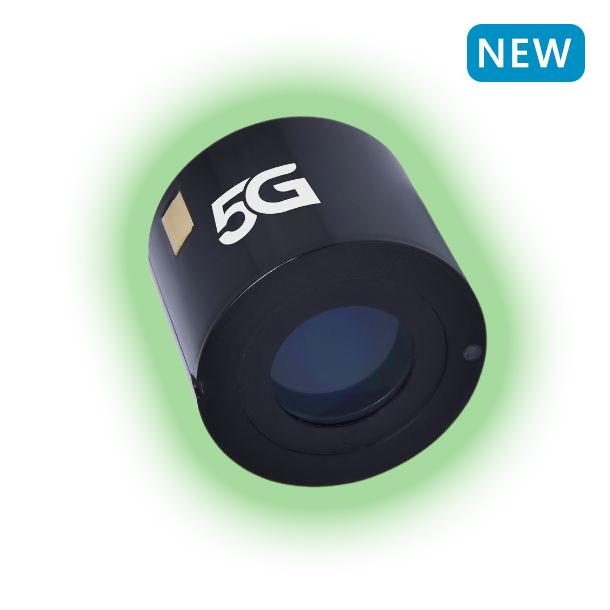

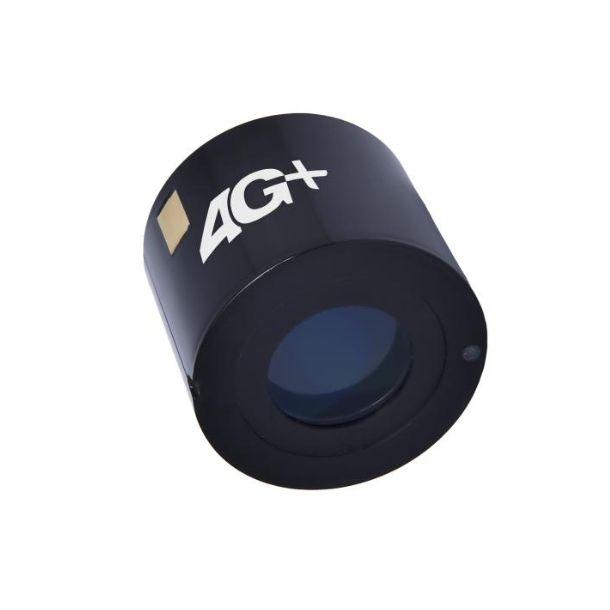

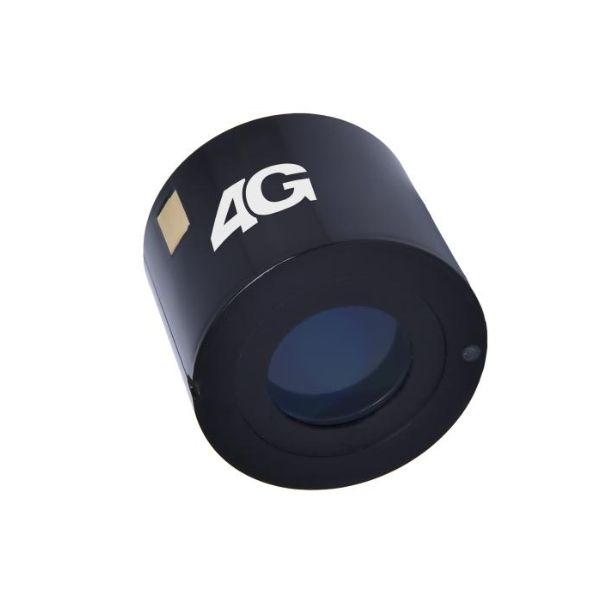


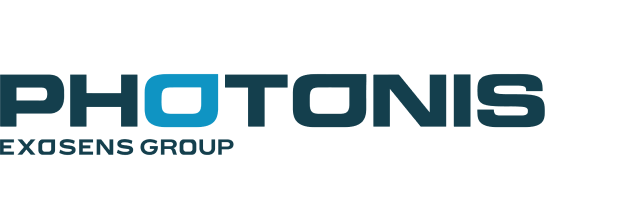
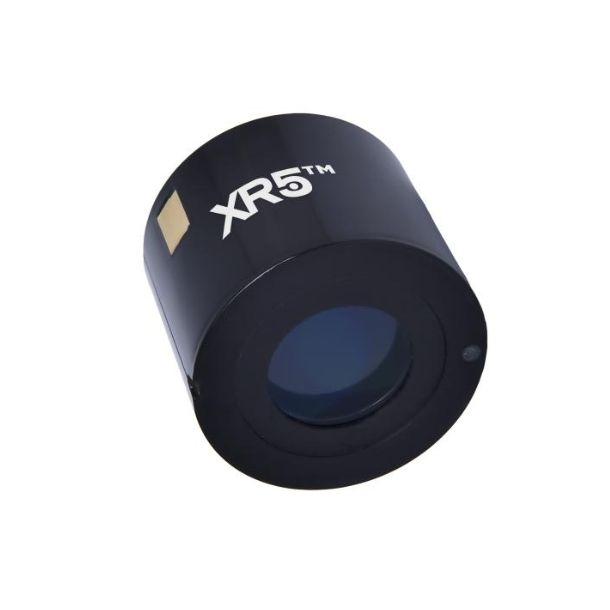

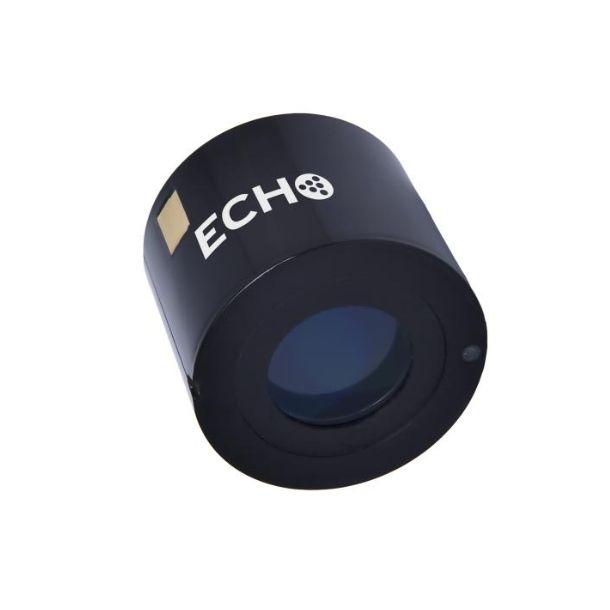



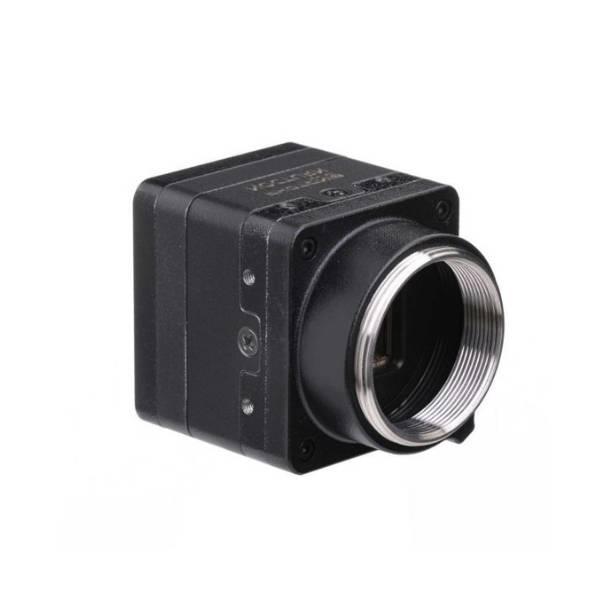

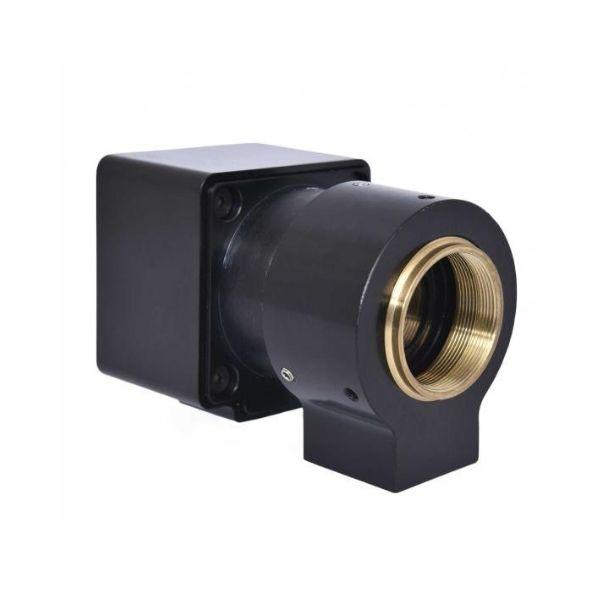

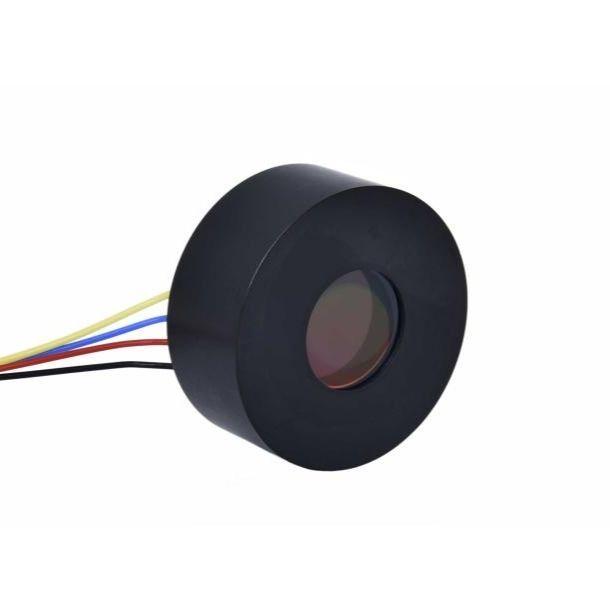

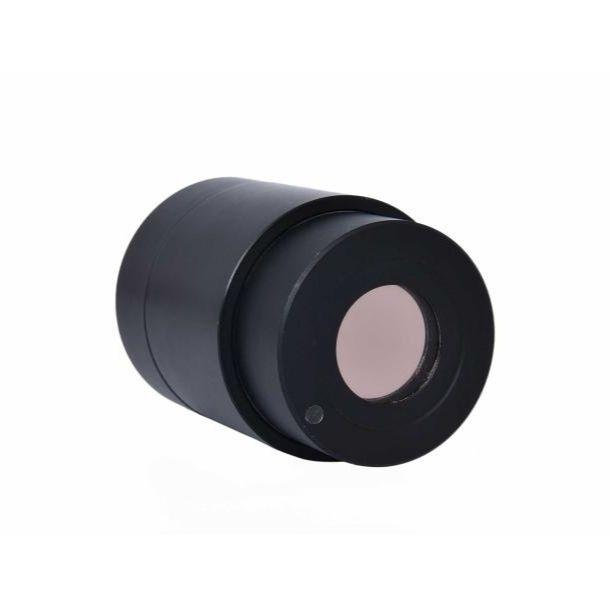

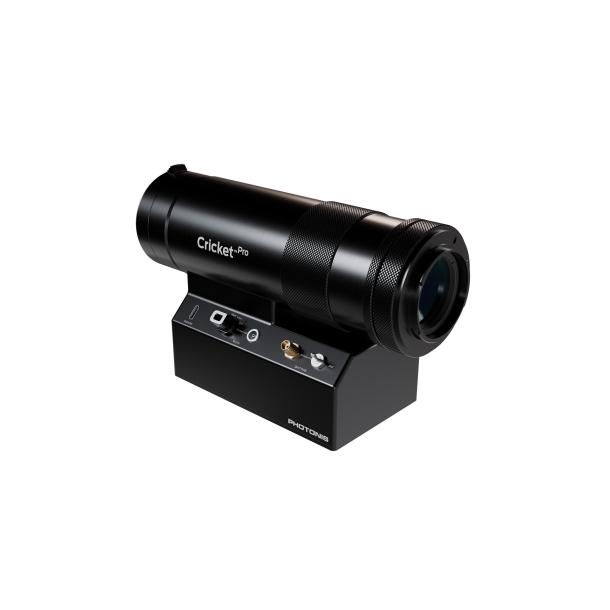

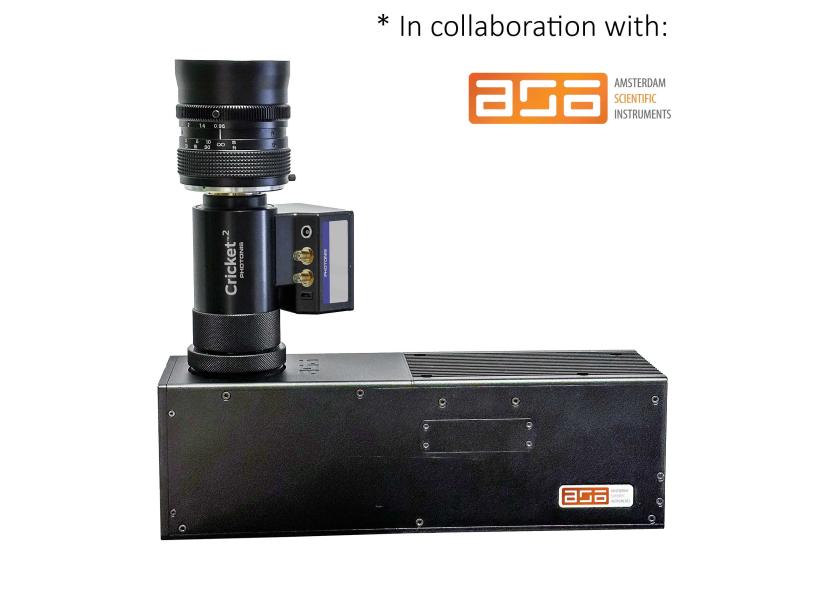



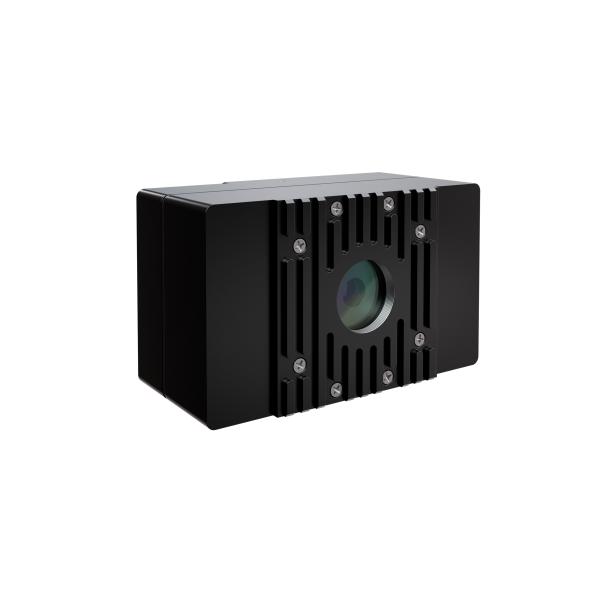

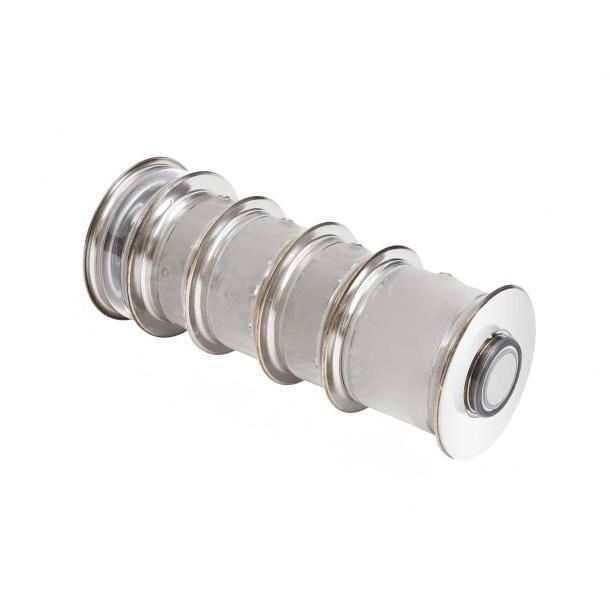

![Neutronic [i] Neutron Imager neutronic.](https://cdn.photonis.com/sites/default/files/styles/product/public/2022-09/neutronic.png?itok=r881fmO8)
What's new in Visible technology?
See all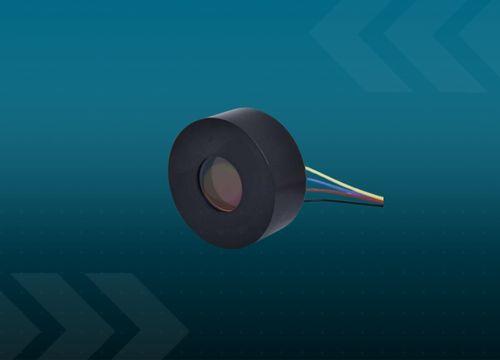
Jan 14th 2026
Ultra-High Resolution Technology
Exosens Introduces Ultra-High Resolution, 80 lp/mm, Image Intensifier Technology for Scientific Imaging

Jan 12th 2026
Exosens–ActInBlack Contract
Exosens signs the largest contract yet for its latest cutting-edge 5G image intensifier tubes with ACTinBlack
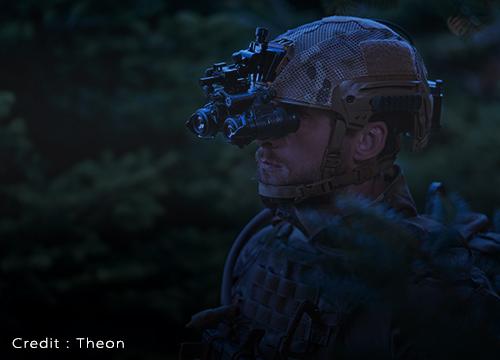
Dec 10th 2025
Historic Night-Vision Contract
Exosens and Theon International announce the signing of a contract with OCCAR for 100,000 night-vision MIKRON binoculars


